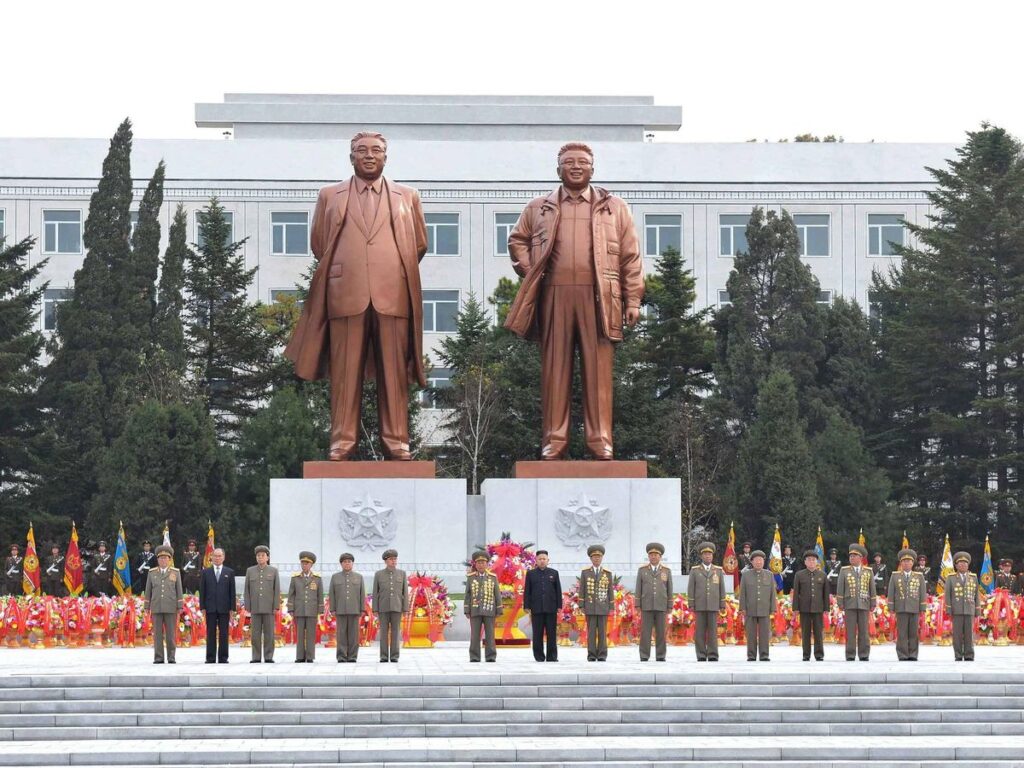
North Korea is widely known for its strict authoritarian regime that controls almost every aspect of the lives of its citizens. One area where this control is especially evident is in the realm of religion. The government of North Korea heavily restricts the practice of religion and severely punishes those who attempt to practice their faith.
The North Korean government considers itself to be officially atheist, and any form of religion that does not support the state’s ideology is strictly prohibited. This means that Christianity, Buddhism, Islam, and all other religions are banned, and those who follow them risk severe punishment, including imprisonment, torture, and even execution.
Most people in North Korea do not have access to religious materials or places of worship, and those who attempt to hold secret religious gatherings risk being reported to the authorities by their neighbors or even members of their own family. The government views religion as a threat to its power and believes that it can undermine the loyalty of its citizens.
Even foreigners who enter North Korea are subject to severe restrictions on religious practices. They are only allowed to attend state-sanctioned religious services, which are carefully controlled by the government to ensure that they do not contain any messages that could be perceived as critical of the state.
The lack of freedom of religion in North Korea has led to widespread human rights abuses. Those who attempt to practice their faith in secret are often subjected to harsh punishments, including long-term imprisonment, forced labor, and physical torture. Even those who are suspected of being involved in religious activities can be punished, regardless of whether or not they have actually committed a crime.
In recent years, there have been reports of some small underground Christian churches operating in North Korea, but these groups operate in secret and are constantly under threat of discovery by the authorities. Despite this, many North Koreans continue to practice their faith in secret, and some even risk their lives to spread their message of hope to others.
Overall, the lack of freedom of religion in North Korea is a grave violation of human rights. The government’s heavy-handed control over religious practices not only undermines the individual liberties of its citizens but also stunts the growth and development of the country as a whole. Until there is greater respect for religious freedom in North Korea, the country will continue to be a dark spot on the world stage and a source of concern for those who believe in basic human rights and freedoms.
